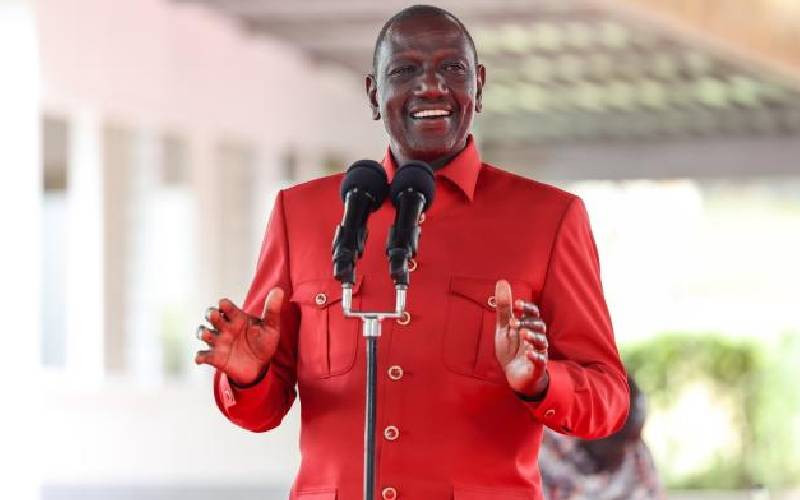×
The Standard e-Paper
Join Thousands Daily

There is no hiding from the fact that the education sector is in shambles. The system is failing in big and small things.
The government forgot that the introduction of junior secondary as a tier in the system, necessitated the construction of schools.